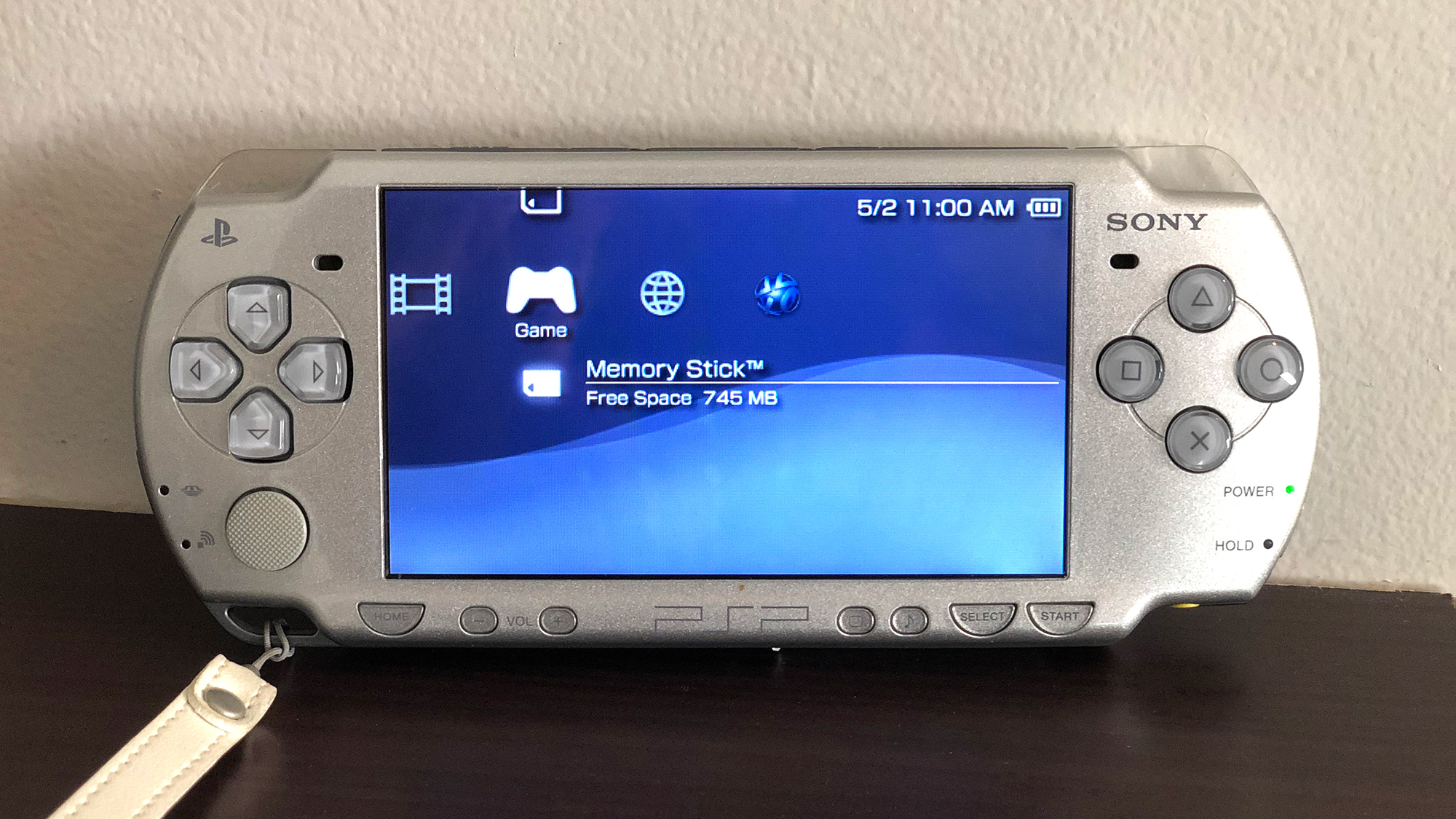
PSP Game Transfer and Error Message Woes
It seems I don’t exactly have the best luck with video game hardware lately. My 360’s USB ports seem to be on the fritz, my Wii has graphical glitches that seem to stem from WiiConnect24 […]

It seems I don’t exactly have the best luck with video game hardware lately. My 360’s USB ports seem to be on the fritz, my Wii has graphical glitches that seem to stem from WiiConnect24 […]

It feels like we could go on endlessly about 9/9/09. It was the tenth anniversary of the Dreamcast, the tenth anniversary of Final Fantasy VIII, Harmonix’s The Beatles: Rock Band came out, and… Apple randomly […]

As a follow-up to some material covered in episode seven of our podcast, here are a couple quick bits of information and reading: – At E3, Microsoft announced that they had one more title to […]

As of April 1st (being tomorrow), the PlayStation 2 will officially (and finally) hit that magical $99 retail price. As someone who owns two PS2s already (US & Japanese; my PS3 is the 40 GB […]

You may have heard a little bit about this on the podcast, but now that the entire situation has been resolved and I have all necessary images (and video!) to go along with the story, […]

So yesterday and today were the press conferences / media summits / whatever they are for Microsoft, Nintendo, and Sony (in that order). As to be expected, I followed along with all the live-blogging, checked […]
Copyright © 2025 | MH Magazine WordPress Theme by MH Themes